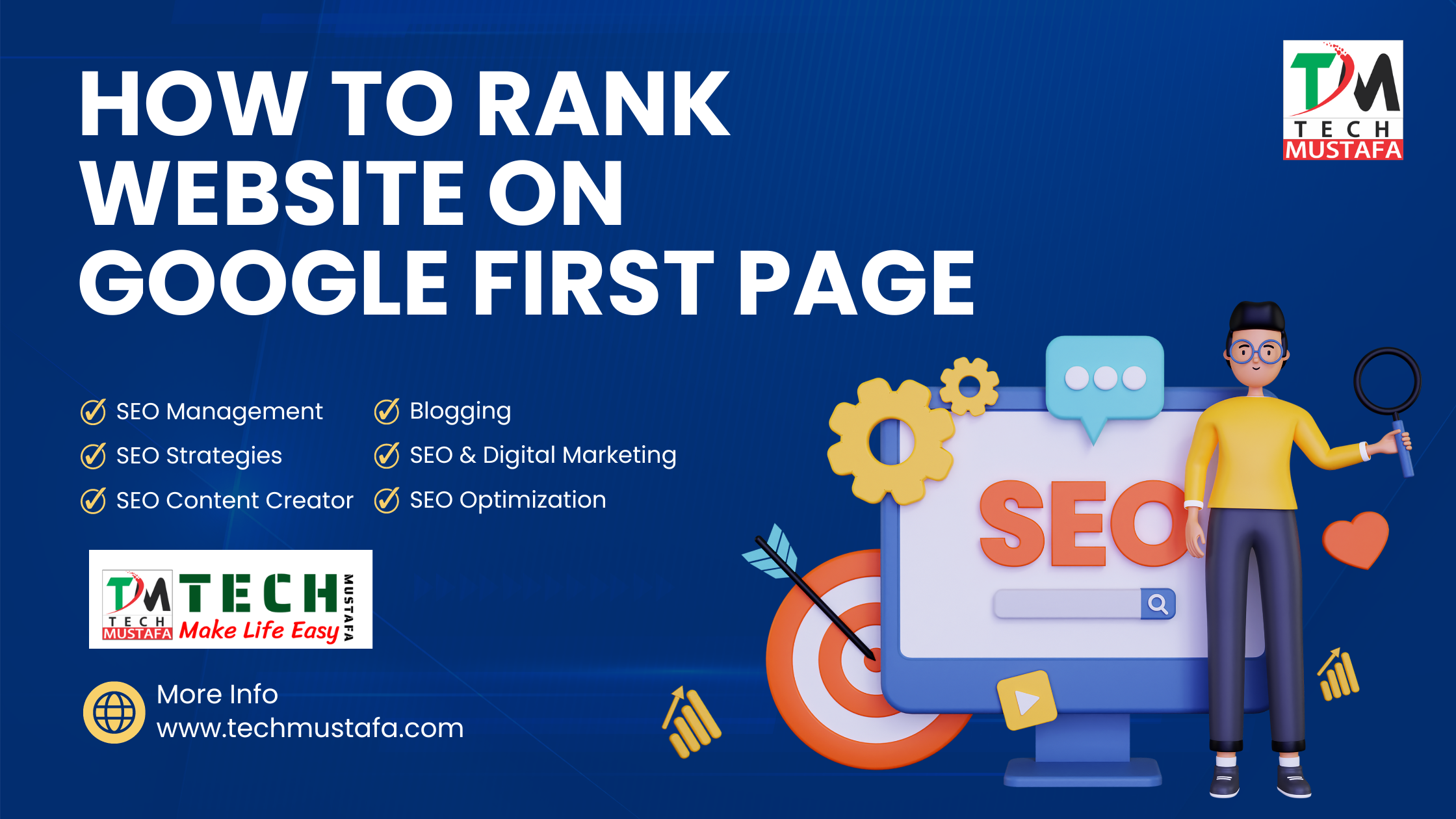The Importance of SEO for Your Business: A Comprehensive Guide
Search engine optimization, or SEO, is the practice of optimizing your website to improve its visibility and ranking in search engine results pages (SERPs). With the majority of internet users utilizing search engines to find information, products, and services, having a strong SEO strategy is crucial for businesses to increase their online presence, drive traffic to their websites, and ultimately, grow their business.
SEO encompasses a range of tactics and techniques that can help improve your website’s ranking on search engines, such as Google, Bing, and Yahoo. Here are some key factors that can impact your SEO:
On-page optimization: This includes optimizing your website’s content, title tags, meta descriptions, and URLs to ensure they are relevant to your target keywords.
Off-page optimization: This refers to building high-quality backlinks from other websites, which can help improve your website’s authority and credibility in the eyes of search engines.
Technical optimization: This includes optimizing your website’s structure, mobile-friendliness, and page speed to ensure that it is easily crawlable and user-friendly.
User experience: This refers to the overall experience that users have when they visit your website, such as how easy it is to navigate, how quickly it loads, and whether it provides valuable and relevant content.
To create an effective SEO strategy, it is important to understand how search engines work and what factors they consider when ranking websites. Search engines use complex algorithms to analyze and rank websites based on a variety of factors, including relevance, authority, and user experience. By understanding these factors, you can optimize your website to align with search engine requirements and improve its visibility and ranking.
To get started with SEO, it is recommended to conduct keyword research to identify the search terms and phrases that your target audience is using to find products or services similar to yours. This can help you optimize your website’s content, including your headlines, titles, and descriptions, to ensure they are relevant and appealing to your target audience.
Another important aspect of SEO is building high-quality backlinks from other authoritative websites in your industry. This can help improve your website’s credibility and authority, which can translate to higher rankings on search engine results pages.
In addition, you should focus on creating high-quality, valuable content that is relevant to your target audience. This can include blog posts, videos, infographics, and other types of content that provide useful information and solve common problems for your target audience. By creating valuable content, you can increase engagement, build trust, and improve your website’s visibility in search engine results pages.
In conclusion, SEO is a critical component of any successful online marketing strategy. By optimizing your website for search engines, you can improve your online visibility, drive traffic to your website, and ultimately grow your business. Whether you are just getting started with SEO or looking to take your strategy to the next level, it is important to focus on creating valuable content, building high-quality backlinks, and optimizing your website’s structure, content, and user experience.
SEO or Search Engine Optimization is an important digital marketing strategy that helps businesses improve their online visibility and increase website traffic. It is a process of optimizing websites, content, and online presence to rank higher in search engine results pages (SERPs).
In simple words, SEO is about understanding what people are searching for online, what answers they are looking for, what words they are using, and what type of content they want to consume. Once this is understood, a strategy is devised to make sure that the right people are directed to the right content.
SEO is an ever-evolving process that involves on-page optimization, off-page optimization, and technical optimization. On-page optimization involves optimizing individual web pages to rank higher and get more relevant traffic. It includes optimizing page titles, meta descriptions, header tags, content, images, and internal links.
Off-page optimization involves building high-quality backlinks from other websites to improve website authority and ranking. Technical optimization involves optimizing website structure, speed, and security to ensure that the website is easily crawlable and indexable by search engines.
The importance of SEO for businesses cannot be overstated. A well-executed SEO strategy can increase website traffic, improve user engagement, generate leads, and ultimately lead to more conversions and revenue. It helps businesses stay competitive in the digital marketplace and reach out to their target audience.
Moreover, SEO is a long-term investment that delivers sustainable results over time. Unlike paid advertising, SEO takes time to show results but once it does, the benefits are long-lasting.
In conclusion, SEO is an essential digital marketing strategy that can help businesses improve their online visibility, reach out to their target audience, and generate more leads and revenue. By optimizing websites, content, and online presence, businesses can stay competitive in the digital marketplace and achieve long-term success.
Meta Description: Learn about the benefits of SEO for your business and how it can help improve your online visibility, increase website traffic, and generate more leads and revenue.
Tags: SEO, Search Engine Optimization, Digital Marketing, Online Visibility, Website Traffic, Lead Generation, Revenue, On-Page Optimization, Off-Page Optimization, Technical Optimization, Backlinks, Website Authority, Website Structure, Website Speed, Website Security, Sustainable Results, Long-Term Investment, Competitive Advantage, Target Audience.



